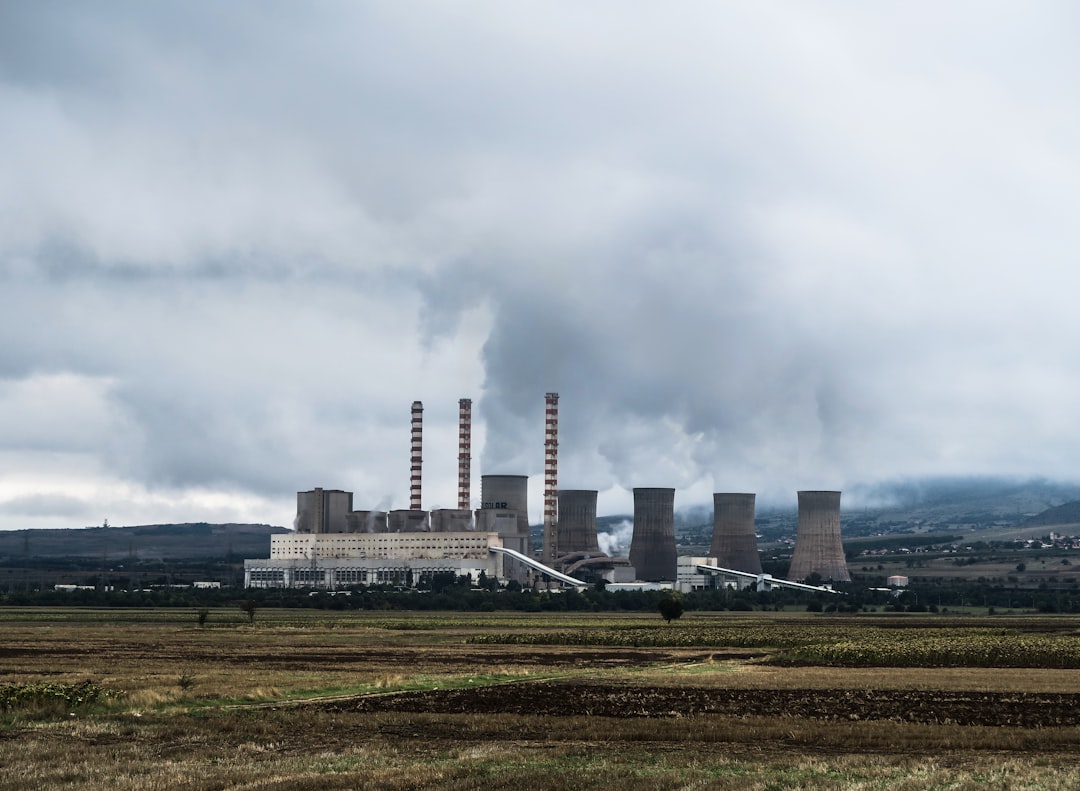What is it about?
While the catastrophic impacts of climate change are more and more visible, an intense debate has ensued as to the legal responsibility of corporations in this context. It is increasingly accepted that climate change is a material financial risk to corporations, investors, and global financial stability. Various sectors, in particular, fossil fuel production, energy, agriculture, and transport, have become subject to scrutiny with respect to their greenhouse gas emissions. The mainstream approach in corporate governance affords little to no consideration for environmental concerns, but rather focuses on shareholder wealth. However, in the face of climate change risks (and opportunities), investors, policymakers, regulators, scholars, and NGOs are now looking closely into what role corporate board of directors have in the context of limiting the global rise in temperature. Do board members face risks of personal liability if they do not adequately address climate change? This could be the case, for instance, if directors completely disregard financial impacts that climate change will likely have (or already has) on the company they oversee. The authors discuss the role of the board of directors in a changing climate. They analyze the current state of academic debate in three key common law jurisdictions (Australia, the US, and the UK) as well as in two European civil law countries (France and Switzerland). The article also sheds light on important court cases against corporations (climate change litigation) and relevant regulatory developments in the European Union (Action Plan Sustainable Finance).
Featured Image

Photo by Clyde Thomas on Unsplash
Why is it important?
As international climate change cooperation at the intergovernmental level is considered by many to be at a standstill, the focus is shifting to the accountability of private actors. This begs the question which role the law - in this case corporate law - has (or could have) to promote more regard for climate change issues. Corporate boards, in practice largely driven by shareholder demand, determine the strategy of the companies they oversee. Board's views on climate change issues are therefore important. This research compares the level of discussion and litigation in various jurisdictions, serving as a basis for further discussion.
Perspectives
The publication gives policymakers and scholars an overview of the current state of academic debate and litigation in terms of board climate accountability. It serves to advance the academic debate in an area of high importance in the quickly evolving climate change discourse.
Andreas Hoesli
Universitat Zurich
Read the Original
This page is a summary of: Climate Change Liability: Comparing Risks for Directors in Jurisdictions of the Common and Civil Law, Climate Law, June 2020, Brill,
DOI: 10.1163/18786561-01002002.
You can read the full text:
Contributors
The following have contributed to this page










